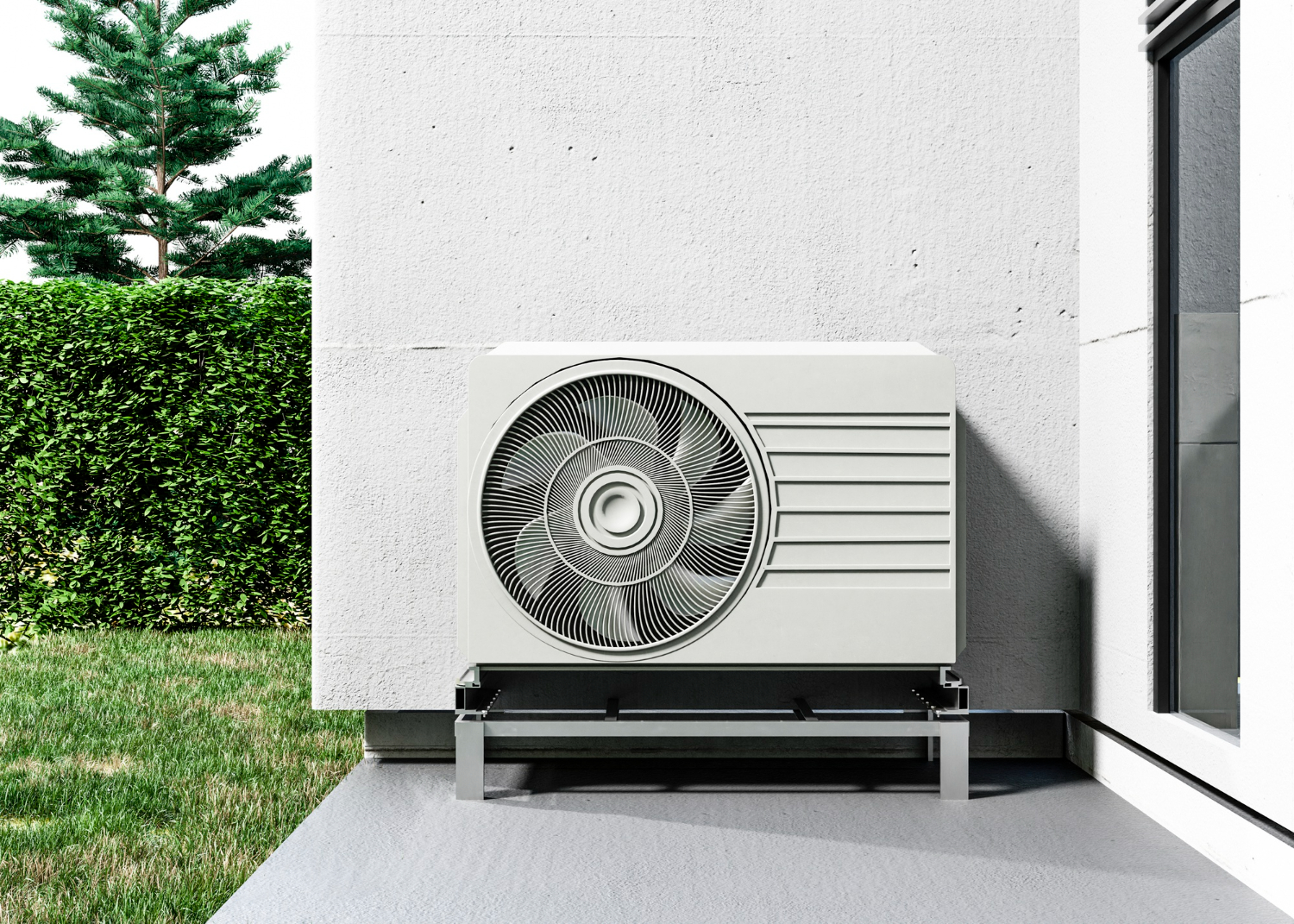Introduction:
Air conditioning systems play a crucial role in ensuring comfort within our homes, especially during Melbourne’s hot and humid summers. However, one common issue that residents may encounter is air conditioning condenser leakage. In this comprehensive guide, we will delve into the reasons behind condenser leakage, the variations in condensation sources during heating and cooling cycles, factors contributing to leakage, and practical solutions to prevent or troubleshoot this issue. We will also emphasise the importance of proper condensation drainage and provide insights into the ideal termination point for outdoor condenser drainage.
Condensation while my air conditioner is cooling:
When your air conditioner is on cooling cycle, air conditioning units remove heat and moisture from indoor air through the process of condensation. When warm air hits the cold evaporator coils, moisture in the air condenses into water droplets, which are collected in the condensate pan before being drained away. This happens at the indoor unit and therefore you will probably never see it as it terminates in your guttering
Condensation while my air conditioner is heating:
Conversely, during the heating cycle, water vapor present in the air condenses on the cold outdoor condenser unit due to the temperature differential, leading to condensation. This happens at your outdoor unit and due to the design of these system a lot of the time it is hard for the installation company to provide any drainage. Please be aware that this is not dangerous and will not be affecting the performance of the unit
2. Causes of Air Conditioning Condenser Leakage:
a. Blocked Condensation Drain Line: Over time, dirt, debris, and dust can accumulate in the condensate drain line, obstructing the flow of water and potentially causing it to overflow.
b. Damaged or Clogged Condensate Tray: If the condensate pan becomes damaged or clogged with dirt or debris, it can hinder proper water drainage, causing leakage.
c. Poor Installation: Incorrect installation can lead to tilted or uneven condenser units, resulting in poor condensation drainage and subsequent leakage.
d. High Humidity: In humid climates like Melbourne’s, the condensation process generates a substantial amount of moisture. If the condensate drainage system is overwhelmed, leakage may occur.
3. Solutions for Preventing or Troubleshooting Condenser Leakage:
a. Regular Maintenance: Ensure that your air conditioning unit undergoes regular maintenance, including inspection and cleaning of condensate drain lines and pans.
b. Cleaning and Clearing Drainage System: Use a mixture of water and vinegar to flush out any accumulated dirt or debris. Flush the drain line with water to remove any remaining blockages.
c. Checking Condensation tray: Regularly inspect the condensate tray for cracks or damage. If significant damage is present, call a HVAC specialist to inspect it immediately.
d. Professional Assistance: If DIY solutions do not resolve the issue, seek the help of a professional air conditioning technician with experience in handling condensation problems.
4. Importance of Proper Condensation Drainage:
Proper condensation drainage plays a vital role in preventing leakages and potential damage to your air conditioning unit as well as your property’s structure. A well-designed condensate drain line should terminate at a suitable location, ideally within a designated drainage area away from foundations or vulnerable areas.
5. Ideal Termination Point for Outdoor Condenser Drainage:
The condensation drainage from your outdoor condenser unit should typically terminate in a dedicated drainage area, such as a landscaped bed, designated stormwater/sewerage point, or a dedicated condensate pump. Ensure that the selected termination point allows for unrestricted flow and prevents water from pooling or causing damages to your property.
Conclusion:
Understanding the causes and solutions for air conditioning condenser leakage is crucial for residents in Melbourne to ensure the proper functioning and longevity of their cooling systems. By addressing factors such as blocked condensation drains, damaged or rusted condensation trays or indoor fan coils, non compliant or poor installation and also high humidity you can prevent or troubleshoot condensation issues quickly and effectively.
Regular maintenance, periodic cleaning, and seeking professional assistance when needed can help mitigate condenser leakage issues. Lastly, ensuring proper condensation drainage and terminating it at an appropriate location will promote efficient operation and prevent potential damage to the unit and property. Stay cool and stress-free throughout Melbourne’s summers by implementing the solutions mentioned in this guide.
Remember, if you’re experiencing air con leaking outside in Melbourne, promptly address the issue to avoid further complications by contacting us at Too Hot Climate Systems today!

